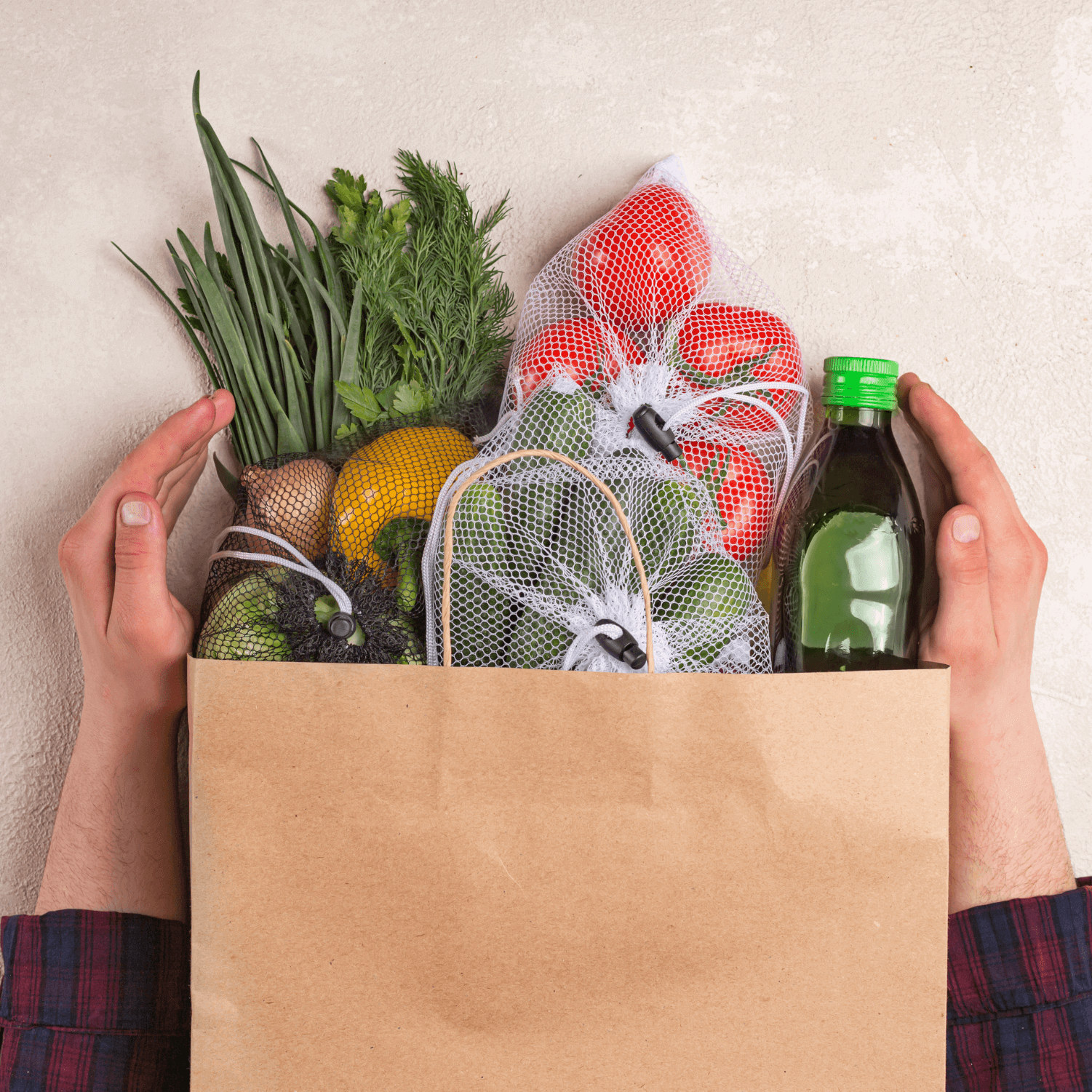Food Insecurity in Appalachia
ETSU Health Pediatrics Food Pantry
It is hard to miss the abundant farms spread throughout the region when traveling through rural areas in Tennessee and Virginia. The beautiful mountains in the highlands often draw people's attention to the area, but Appalachia is also known to be a great place for farming.

Importance of Agriculture
Agriculture is the largest industry in Tennessee and Virginia because this region has some of the most fertile soil in the nation. We're also recognized for hunger, poverty, and unemployment in Appalachia. In fact, Central Appalachia is among the highest in the nation in all three of those categories.
According to the Appalachian Regional Commission (ARC), childhood food insecurity has substantially fallen from 2010 to 2020. Yet one in six children in Appalachia still faces food insecurity. That means every sixth house on the street, every sixth community member, and every sixth employee at work has a child at home who has no idea where their next meal is coming from.
Given the strength of the agriculture industry, the abundance of our natural resources,
and the proud farming traditions of the region, agriculture seems to be a primary
key to solving these issues.
Community Partners
Local resources include food pantries with fresh foods provided by Appalachian Sustainable Development (ASD).
ETSU Health Pedatrics offers one such food pantry that is supported through a Community Health Improvement Site grant awarded to the ETSU Department of Pediatrics from Ballad Health's Department of Population Health.
During a visit to the clinic, when a need is identified, ETSU Health pediatric providers dispense a free food bag that contains all items to make an included recipe. In addition, the bag includes information about the Women, Infants, and Children (WIC) program and other food pantries in the region.
ETSU Health Pediatrics' food pantry contains healthy and shelf-stable recipe-based
food bags as well as kitchen tools that might be needed to make the recipe, such as
can openers. Fifty-eight recipe bags were given out from July through September 2024.
What is the Food Box program?
The Food Box Program is perhaps the most well known of all the Appalachian Sustainable Development's programs and services. Here are some details about the Food Box program:
- Fresh produce, beef, dairy and value-added goods (things like jams or pickles) are purchased from local growers and producers.
- Most of this food is distributed to grocery stores and institutional buyers, like schools. The rest of it goes into food boxes.
- An average of 1,500 food boxes a week are donated to food pantries, including about 250 directly to individuals every Friday. These boxes are filled with gorgeous, nutritious food, with a retail value of about $50 per box.
- To date, more than 7+ million pounds of food has been donated.
- In addition to free food, ASD also provides free food education and grower training to serve individuals who are ready to progress through the Food Access pathway to become more food secure.
- Programs like Grow Your Own and Learning Landscapes teach children and their families how to grow at home and help transition individuals along the Food Access path as they are able.
- A good portion of Food Hub staff consists of individuals in the Groundwork workforce development program. Groundwork is a paid, on-the-job training program for people with barriers to employment.